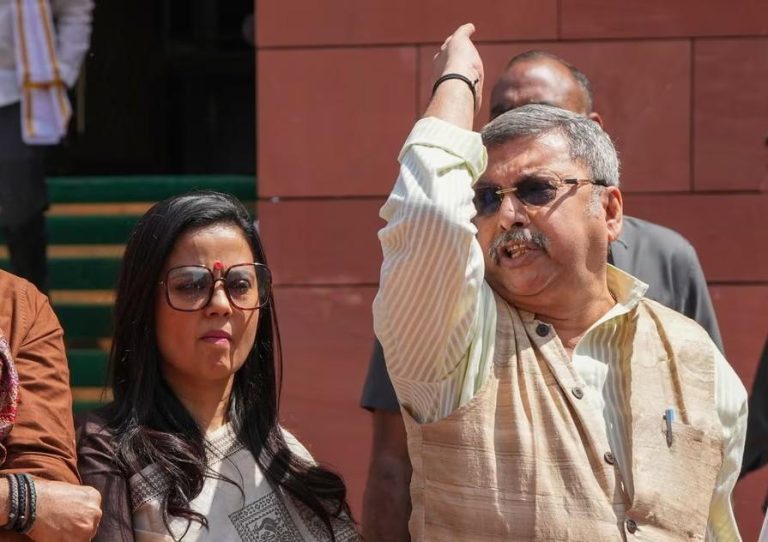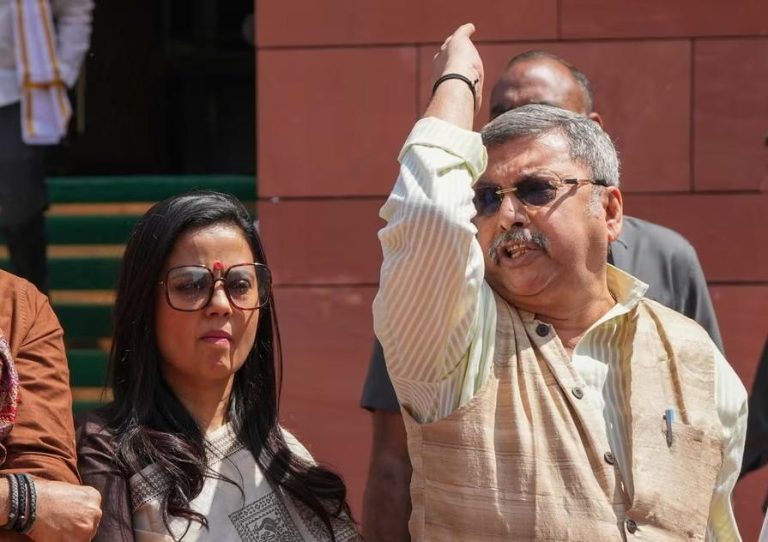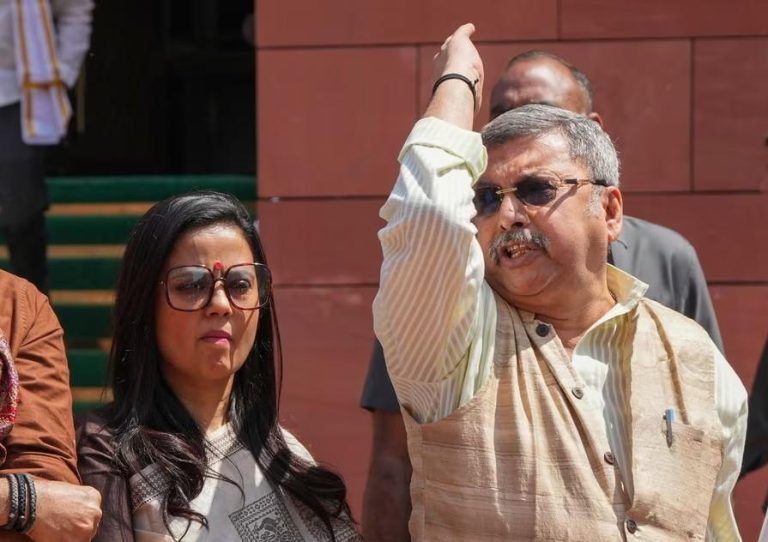
Indian National Jailed for 4 Years in Sri Lanka for Match-Fixing
Cricket, the beloved sport of millions around the world, has often been plagued by the issue of match-fixing. This scourge has affected players, teams, and tournaments, leaving a lasting impact on the game. The latest incident of match-fixing has come to light in Sri Lanka, where an Indian national has been sentenced to four years in prison for his involvement in the nefarious activity.
Yogi Patel, the Indian national, was found guilty of proposing to fix matches in Sri Lanka’s 2024 Legends League T20 tournament. The incident has sent shockwaves through the cricketing community, with many expressing outrage and disappointment over the betrayal of the game.
According to reports, Patel was accused of making a proposal to fix matches in the tournament, which was scheduled to take place in Sri Lanka. The proposal was allegedly made to a Sri Lankan player, who reported the incident to the authorities. An investigation was launched, and Patel was subsequently arrested and charged with match-fixing.
The Sri Lankan court, in its verdict, sentenced Patel to four years in prison, with hard labor. He was also ordered to pay a fine of SLR 85 million (approximately USD 450,000). Additionally, Patel was ordered to pay SLR 2 million (approximately USD 10,500) to Upul Tharanga, the chairman of Sri Lanka selectors, for defamation.
The match-fixing scandal has sent a strong message to players and teams that the game will not tolerate such behavior. The Sri Lankan authorities have taken a tough stance on the issue, and the punishment meted out to Patel is a reflection of their commitment to upholding the integrity of the game.
The incident has also sparked a debate about the need for stricter measures to prevent match-fixing. Many experts have called for the introduction of more stringent laws and regulations to detect and prevent such incidents. The Indian cricket board, in particular, has faced criticism for its handling of the issue, with some calling for greater accountability and transparency.
The match-fixing scandal has also raised concerns about the role of bookmakers and betting agencies in the game. The proliferation of online betting has made it easier for bookmakers to fix matches, and it is essential that authorities take steps to regulate the industry and prevent such incidents.
The incident has also highlighted the importance of education and awareness about match-fixing. Players, teams, and fans must be aware of the dangers of match-fixing and the consequences of getting involved in such activities. The Sri Lankan cricket board has promised to take steps to educate players and fans about the issue, and it is essential that they follow through on their commitments.
In conclusion, the sentencing of Yogi Patel to four years in prison for match-fixing in Sri Lanka’s 2024 Legends League T20 tournament is a significant step forward in the fight against corruption in cricket. The incident serves as a reminder that match-fixing will not be tolerated, and those who engage in such activities will face severe consequences. The Sri Lankan authorities have set a strong precedent, and it is essential that other countries follow suit.






